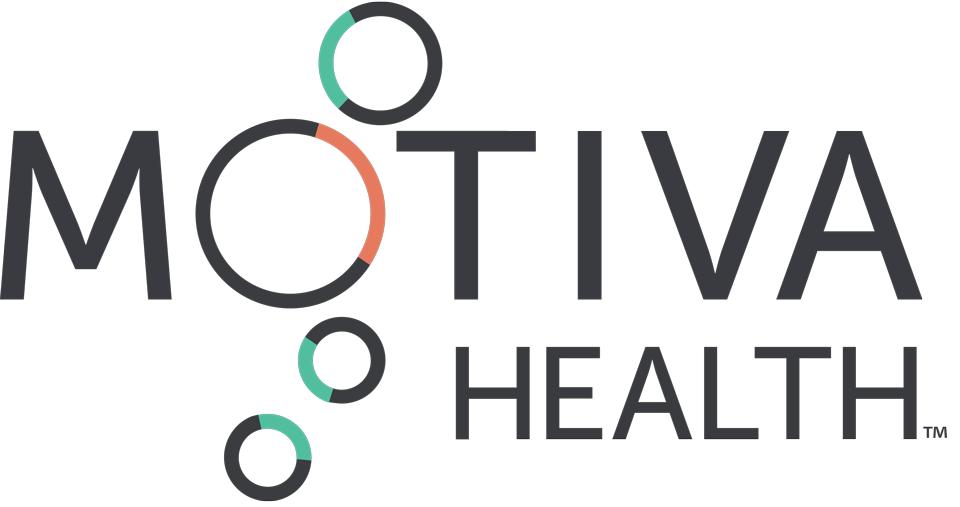On Sugar: Unsweet, Please!
On Sugar: Unsweet, Please!
Our sugar consumption—a love/hate relationship and something we tend to enjoy too much, especially around the holidays!
The sweet (or unsweet) truth of the matter is, keeping high blood sugar levels at bay will produce a myriad of benefits: from elevated cognitive function and improved mood to increased energy levels and reduced risk for chronic disease. Therefore, minimizing sugar intake is an excellent way to improve productivity and enhance overall quality of life.
Despite these benefits, the average person consumes a staggering 110-150 grams of added sugar per day, according to the American Heart Association. We know that figure is sky-high, but what is the ideal daily maximum? Unless otherwise directed by a healthcare provider, we like to encourage most folks to limit total sugar intake to an average of 25 grams or less per day.
We know this may seem a bit low, so we’ve anticipated that you may have a few questions!
What types of sugar apply?
Are we only referring to “free sugars,” simple sugars or sweeteners like honey, syrup or fruit juices that are added to foods? Or are we also referring to “intrinsic sugars,” naturally occurring sugars that are contained within whole foods like fruits, vegetables and milk? We generally aim for less than 25 grams of total sugar as we feel it’s most conducive to optimal energy and performance levels as well as overall health. However, there are varying stances on this - we encourage you to monitor how you feel as well as speak with your healthcare provider or nutritionist, especially if you have any health conditions or special considerations. Depending on your individual needs, it may be okay for you to “indulge” in a bit of extra fruit; however, we don’t recommend you go “bananas”!
What about artificial sweeteners?
As we cut back on our sugary choices, many of us may feel the need to fill the “void” with a sugar replacement. However, artificial sweeteners or sugar alcohols are not ideal for everyone as they may create adverse health effects such as digestive issues. Furthermore, because artificial sweeteners are typically hundreds of times sweeter than sugar, they can ultimately make you crave sweets even more. That being said, if you must, stevia and erythritol are our top choices for sugar alternatives; they are natural compounds and may be safer than the other options on the market!
Is 25 grams or less even possible?!?
It’s not always a piece of cake (okay, poor idiom choice), but it is absolutely doable. Here are a few tips to help drastically reduce your sugar intake:
Opt for low-sugar snacks and desserts
We previously compiled an office snack list which includes choices such as nuts, kale chips, roasted chickpeas, and pumpkin seeds. In light of the holidays, we’ll also add roasted chestnuts and dark chocolate to the list! Even chocolate options with high cocoa content can be moderately high in sugar - here are a few Fair Trade choices that contain 5 grams of sugar per serving or less: Alter Ego Super Blackout, Endangered Species - 88%, and Taza Wicked Dark
Need a dessert dish idea for Thanksgiving? Check out this recipe for Vegan Pumpkin Oatmeal Streusel Bars. They are indeed sweet, but certainly not too sweet for the holidays!
Change your beverage choices
This one's a biggie! Sugar-sweetened beverages such as fancy coffee drinks, energy drinks, soda or sweet tea are by far the most significant source of sugar in the average person’s diet. When you need a break from plain water, opt for homemade fruit-infused water, herbal teas or kombucha (with 5 grams of sugar per serving or less, like this one). We also like to make our own “holiday” chocolate drink using filtered water, organic raw cacao powder, organic coconut milk, and a few drops of peppermint oil!
Replace your sauces and salad dressings
Condiments such as barbeque sauce, pasta sauce, ketchup, and salad dressing can contain surprisingly high amounts of sugar. Make your own sauces or replace your salad dressings with olive oil. This practice can extend beyond the home as well. Bring a small container of your homemade mix for your work lunches or ask restaurants to use olive oil instead!
Speaking of sauces, we found a healthy cranberry sauce recipe that deviates from the can. This means ditching the GMO high fructose corn syrup and other bad ingredients, leading to less sugar and less toxicity!
Choose the unsweetened options
When presented with choices, go for unsweetened foods such as plain yogurt and unflavored oatmeal. If you feel so inclined, add fruit, stevia or a small amount (much less than the typical manufacturer) of honey or agave. While you are at it, why not add a dash of pumpkin spice!
Can I really do this?
Yes, without a doubt! When you have a sugar craving, work on retraining your brain. Refocus on your intention for this health endeavor, remembering all of the benefits of a low-sugar lifestyle. But remember not to be hard on yourself if you succumb to cravings on occasion, especially during the holidays. It often takes practice to master new habits, but with time and effort, you’ll be able to implement powerful changes.
One last thought: you may want to consider working with a health coach, who can provide you with the support and help you need to stay accountable to your nutritional goals - leading you to greater health!
Speaking of retraining your brain, read our next article, Growth Mindset: A Key to Your Success.
Medical Disclaimer
The information and reference guides in this website are intended solely for the general information for the reader. The contents of this web site are not intended to offer personal medical advice, diagnose health problems or for treatment purposes. It is not a substitute for medical care provided by a licensed and qualified health professional. Please consult your health care provider for any advice on any exercise, medication, nutrition, or supplementation.

